Here’s The (Possible) Reason Why Chris Pratt’s Mario Doesn’t Have an Italian Accent
The history of Mario is the history of my childhood
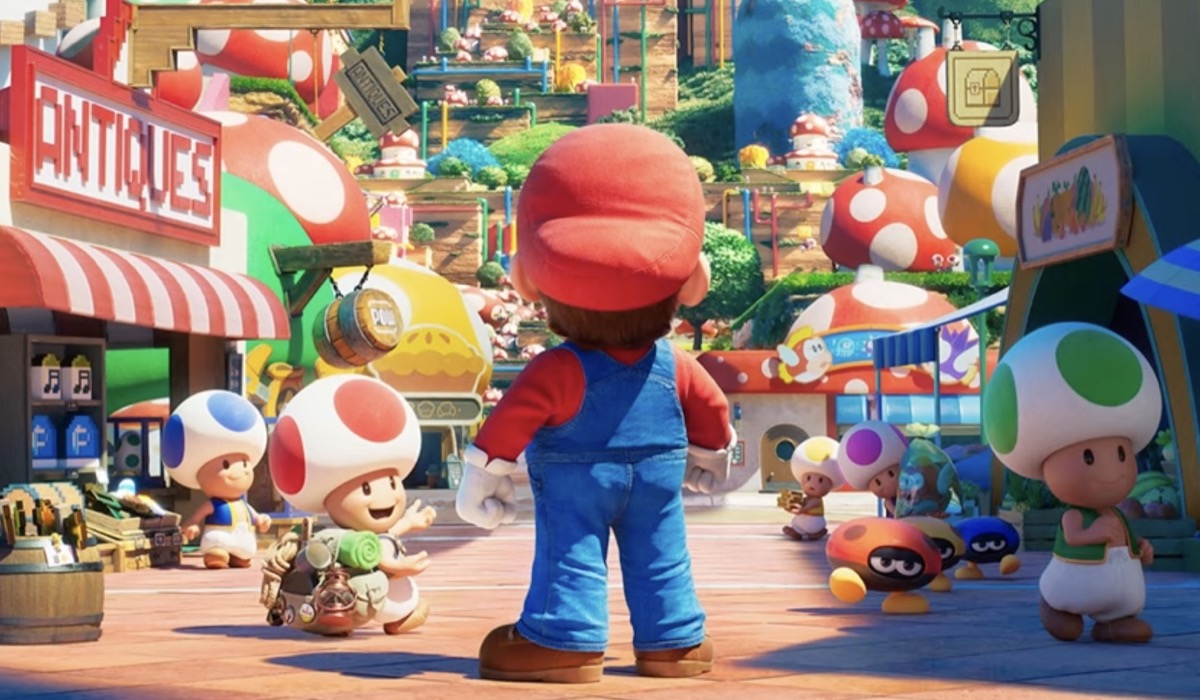
Welp, the Super Mario Bros. Movie trailer has dropped, showing us a world in which Bowser is on the attack, penguins think snowballs will protect them from a marauding army of turtles, and the blue mushrooms are perfectly fine to each. We’ve also finally heard Chris Pratt’s take on the world’s most famous plumber.
The Internet is currently eating itself alive as people try to figure out what’s wrong with Pratt’s Italian accent. Why doesn’t his Italian accent sound Italian? Why isn’t Mario saying “It’s-a me!” and “Mama mia!”? Why does his accent sound, weirdly, like he’s from Brooklyn or something?
Because he is, my lovely little duckies. In this continuity, Mario is from Brooklyn. How do I know?
Because I grew up in the ’80s.
Come, my tender little ones, my sweet and innocent little babes. Let me take you on a tour of vintage Mario.
The Original Mario Brothers
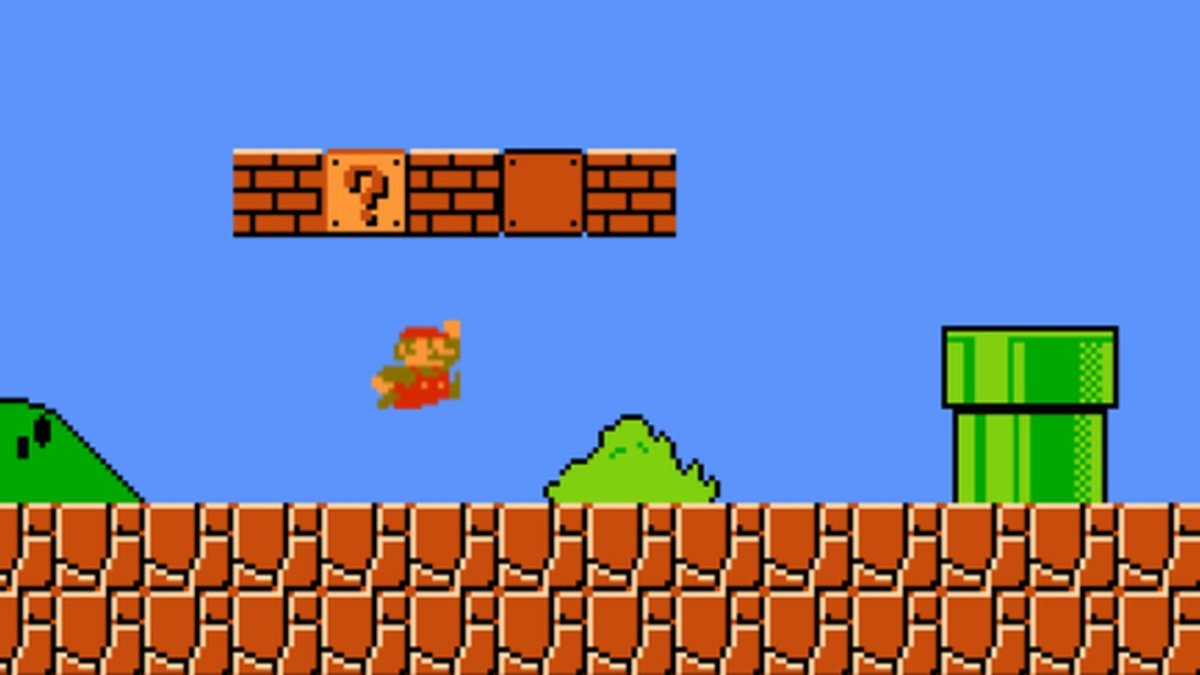
When Super Mario Bros. came out on the Nintendo Entertainment System (yes, that little grey box with the square controllers) in 1985, there was no backstory for Mario and Luigi. According to the instruction manual for the original game, Mario simply hears that Bowser has taken over the Mushroom Kingdom, and goes off on a quest to save it. There’s no mention of him being from Italy, Brooklyn, or anywhere else.
However, as the game exploded in popularity and the characters started to become more fleshed out in sequels and various other media, Nintendo gave Mario a backstory. If you were an ’80s kid, that backstory was first brought to the screen in 1989, when The Super Mario Bros. Super Show! premiered.
The Super Mario Bros. Super Show!
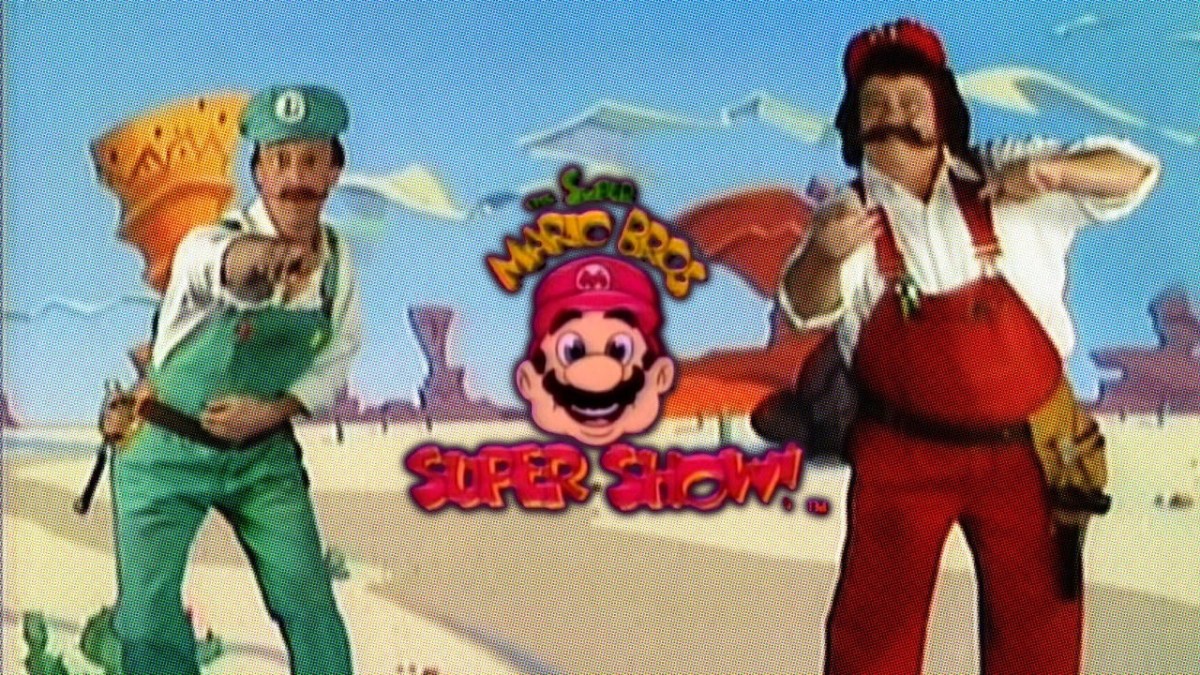
This series was a children’s show that began airing in September 1989. Each 20 minute episode consisted of three segments. First there was a live-action intro starring wrestler “Captain” Lou Albano as Mario and Danny Wells as Luigi, hanging around in their Brooklyn apartment. Then the show would move on to the animated segment, in which the brothers had an adventure in the Mushroom Kingdom (but still spoke with heavy New York accents). Finally, the show would circle back to Brooklyn to wrap up whatever story the first live-action segment started.
Lou Albano voiced Mario with a gruff New York accent similar to his own speaking voice, and for years, that accent was canonically Mario’s voice. If you’ve never seen the show, by the way, don’t get your hopes up—it’s not a good show. It doesn’t hold up. Once I tried to watch it ironically, but it was just too embarrassing to enjoy.
The Super Mario Bros. Super Show! was a masterpiece, though, compared to the live-action movie that followed it.
Super Mario Bros. (1993)
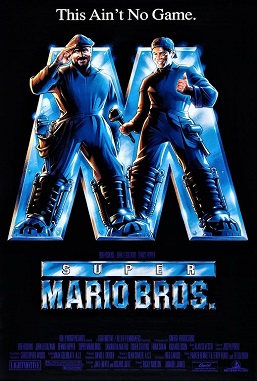
In 1993, Buena Vista Pictures released Super Mario Bros., a live-action adaptation of the video game series. The movie has the Mario Brothers (Bob Hoskins and John Leguizamo), Bowser, Goombas, and a bunch of other stuff from the game, but it in no way at all resembles the characters and world that young Nintendo fans were clamoring to see in a film. The “Mushroom Kingdom” is a dystopian industrial nightmare where people evolved from dinosaurs. Yoshi is a realistic-looking T-Rex that can’t talk, people get turned into dinos and apes by a horrible brain-melting ray gun … it’s bad, folks. It’s a bad movie. (Can you sense my bitterness here? I still haven’t gotten over this trauma.) Plus, the movie’s production was apparently plagued with drama and incompetence, with Hoskins and Leguizamo reportedly needing to get drunk between takes just to get through the project.
Why do I mention all this? Because in the first Mario movie, Mario and Luigi are canonically from Brooklyn. That’s where they start off, and it’s where they return when the movie’s over. Hoskins’s Mario voice closely resembled Albano’s.
So when did Mario become Italian?
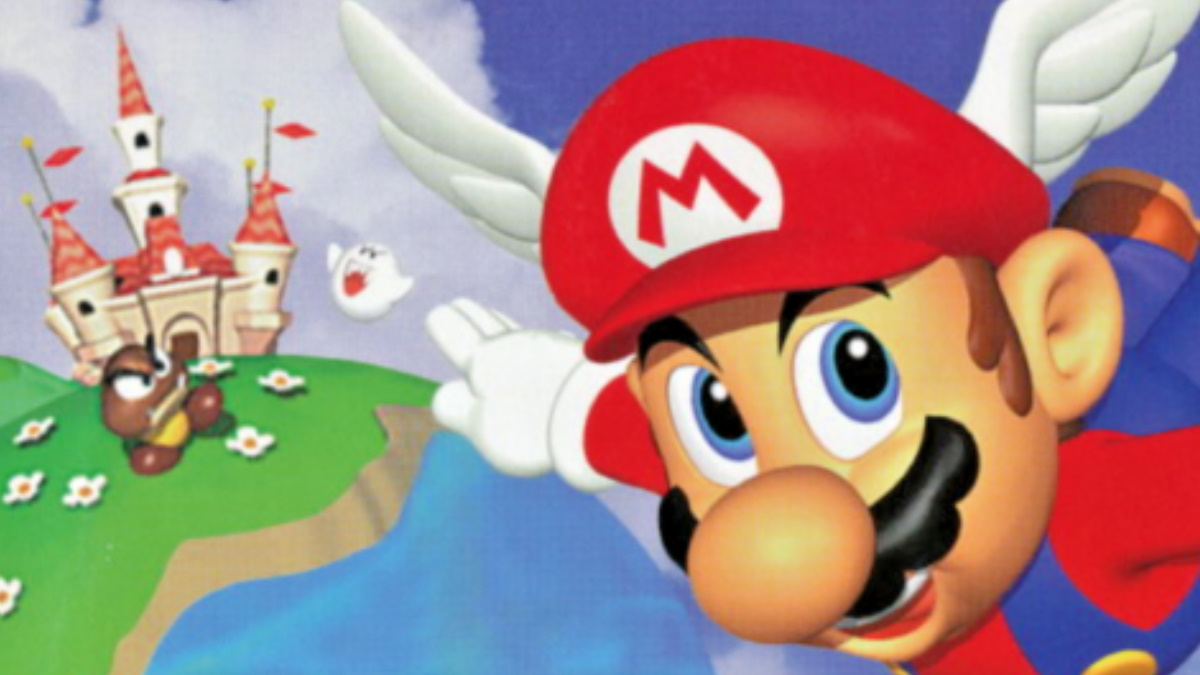
Technically, he’s always been Italian. He was originally envisioned as Italian-American—hence the name Mario. But he didn’t take on an Italian accent until Super Mario 64 came out in 1996. The Nintendo 64 had a lot more processing power than previous Nintendo consoles, and developers were able to hire a voice actor, Charles Martinet, to play Mario in the game. The sound they settled on for Mario’s character wasn’t the Brooklyn accent that English-speaking kids had grown familiar with, but a radically different Italian-accented voice.
And just as Princess Toadstool was forever transformed into Princess Peach, Mario’s Italian accent stuck, and it’s been canon ever since.
Until now, apparently.
Why is the movie going back to Mario’s original accent?

If Pratt or the filmmakers come out with an official explanation, we’ll post it here, but in the meantime, we’ve got some theories.
First off, the new/retro accent could be a nostalgia play. Remember that a large portion of the audience for this movie is children, and Nintendo/Illumination needs to get parents excited to take their kids to see it. Maybe they decided that the best way to do that was to make parents feel like this is the Mario they remember from their own childhood, done right.
It’s more likely, though, that they decided the Brooklyn accent was more viable for a feature-length movie. Mario’s Italian voice is fun (I guess) for brief cutscenes and catch phrases, but can you imagine following Martinet’s version of the character through an entire film? It’s not the accent itself that’s a potential problem, but the over-the-top way it’s always been portrayed in the games. If the filmmakers faced a choice between a more believable Italian accent and the classic Brooklyn accent, they may have just decided that Brooklyn made for better character development. Plus, why risk alienating all your Italian viewers with a bad accent when you could simply not alienate them?
So there you have it: the (possible) reasons why Mario is now a New Yorker … again. We won’t know how good the movie is until we see it, but the ’80s child in me is happy to get vintage Mario back.
(image: Nintendo/Illumination)
Have a tip we should know? [email protected]
